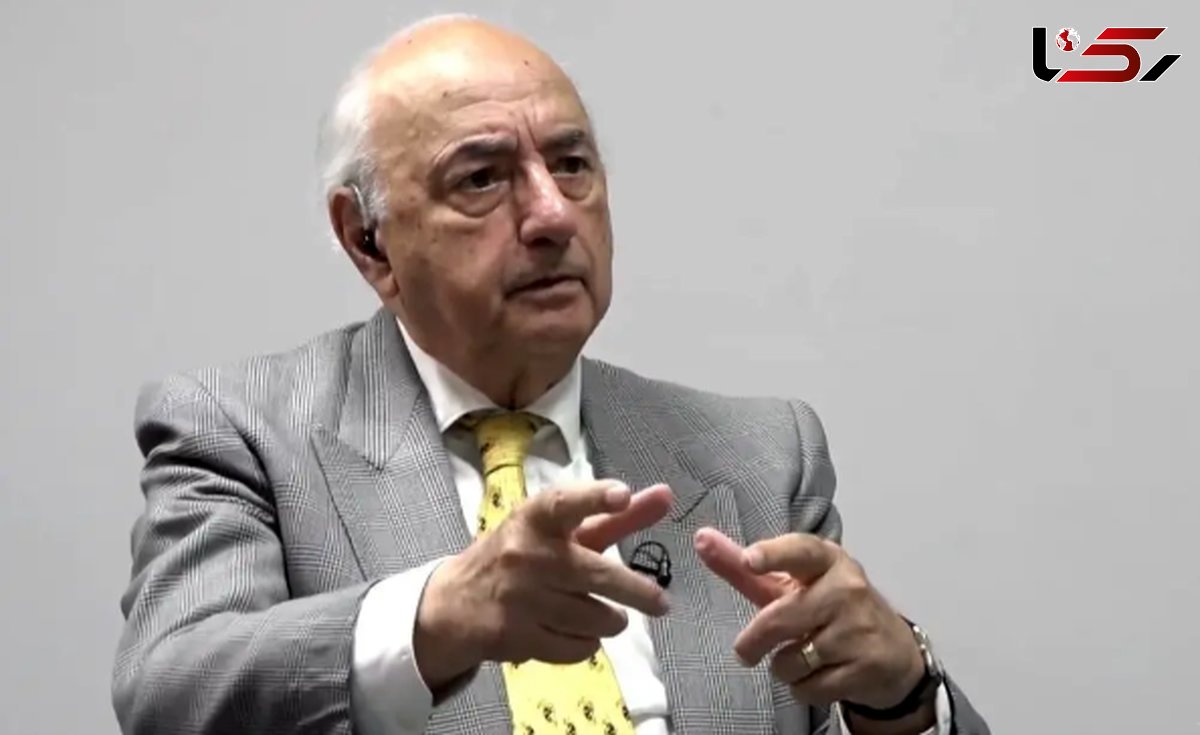Fereydoon Majlesi stated:
Apocalyptic Threats and War Rhetoric, a Wake-Up Call for the World's Future
Rokna Political Desk – Global tensions, from Eastern Europe to East Asia, and statements by Russian officials regarding the possibility of a third world war, serve as an alarming signal for Iran’s foreign policy, which requires intelligent decision-making and protection of national interests amid this complex geopolitical game.

Russian Foreign Minister Sergey Lavrov, recalling the historical background in Europe that led to the rise of the Third Reich under Adolf Hitler, has emphasized that the current leaders of Germany and other European countries are turning into a Fourth Reich and that their current trajectory will lead the world into a third world war. These remarks come at a time when, on the other side of the region, Iran is also in a ceasefire period and on the brink of the activation of the snapback mechanism.
The complexities of Iran's foreign policy in the field of negotiations with the United States, the European Troika, and the potential for renewed military conflict with Israel—set against the backdrop of the disputes between Russia, Europe, and the United States, and the controversial topic of a "Third World War"—raise pressing questions:
Is the hypothesis of a third world war plausible?
Would such a war affect Iran's current situation and its upcoming negotiations?
Former diplomat and international relations analyst Fereydoon Majlesi has addressed these questions:
European countries are not interested in conflict with Russia
Majlesi emphasized that Russia is more focused on its national interests than defending others. Speaking to Fararu, he said:
“What Lavrov has stated should be viewed more as a warning. Some people think that if a major global war breaks out, Russia will defend Iran and act as a major nuclear power. But from my point of view, Russia primarily acts in its own interests. Putin has previously made nuclear threats. He has even boasted about the vastness of Russia and suggested that he wouldn't mind if parts of Russia’s vast territory were destroyed. But it cannot be denied that if Russia were to use a nuclear bomb, it would face a nuclear response from the other side. From my perspective, the war is about Ukraine and the Russian-speaking territories within Ukraine. The war in Ukraine has caused costs and inflation for Europe in recent years. However, I doubt that a major war is currently looming, because today’s conditions are not like those of the world wars.”
He added:
“The military campaign in Ukraine is fundamentally related to Russian-speaking territories in the east of the country, and a full-scale war between global blocs is far-fetched. Let us not forget that during World War II, France surrendered to preserve its historical landmarks. Even today, there is no will for war. And it's not just France with that mindset; many other countries hold the same view and are unwilling to incur boundless costs for someone else’s war. Despite their concerns over Russia’s growing power, most European countries are not willing to bear the political, economic, and military costs of such a large-scale conflict.”
Apocalyptic narratives threaten economy and national security
From the perspective of this former diplomat, the most important point for Iran is maintaining intelligent neutrality and focusing on national interests. He said:
“Iran must protect its national interests. In past crises, such as the Russia–Ukraine war, we have incurred costs that brought no strategic benefit to the country. We must now act with vigilance and avoid being drawn into the games of powers that pursue their own goals—not the interests of our nation. Our current focus must be on expanding diplomacy and de-escalating tensions with the United States and the European Union to prevent the activation of the snapback mechanism. If we assume a confrontation between Russia and regional countries, including the United States, and considering the presence of U.S. military bases in the region—including Japan, South Korea, and even Europe—there is the possibility of unintended clashes and the spread of tensions to East Asia as well. In this context, China's behavior is different; the Chinese traditionally avoid direct military conflicts unless directly threatened. But Russia has no such reservations and is more inclined to showcase its power on a global scale.”
In summarizing his analysis, Majlesi emphasized:
“Global conflicts should not be Iran’s priority, and we must prioritize the Iranian nation’s interests above playing into the hands of major powers.”
He also criticized certain extremist currents within the country that sometimes lean toward apocalyptic threats or heroic war rhetoric, warning:
“These tendencies are extremely dangerous, and past experiences have shown that such perspectives are not only not beneficial to the country but also place national security and the economy at risk. In today’s unstable international climate, with tensions ranging from Eastern Europe to East Asia, Iran’s foreign policy requires prudence, strategic clarity, and a clear avoidance of emotionalism or ideological alignment. Remarks by figures like Lavrov reflect not an imminent reality but are part of the geopolitical game. Iran must consciously distinguish between the short-term interests of global players and the enduring interests of its own people.”
Send Comments